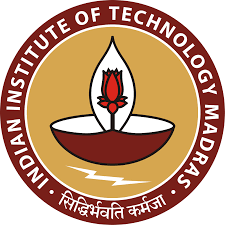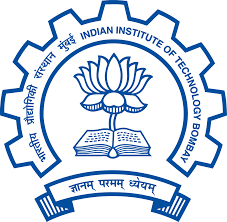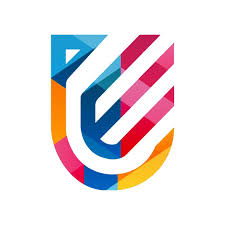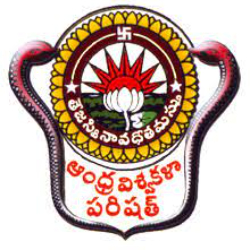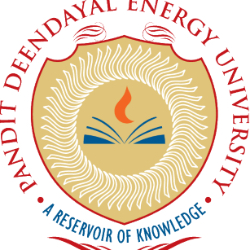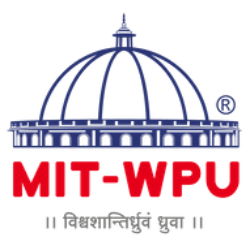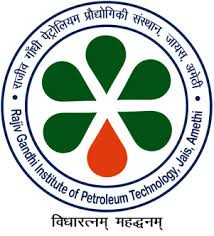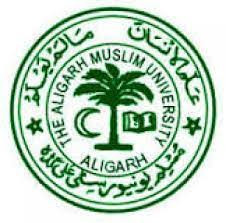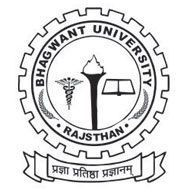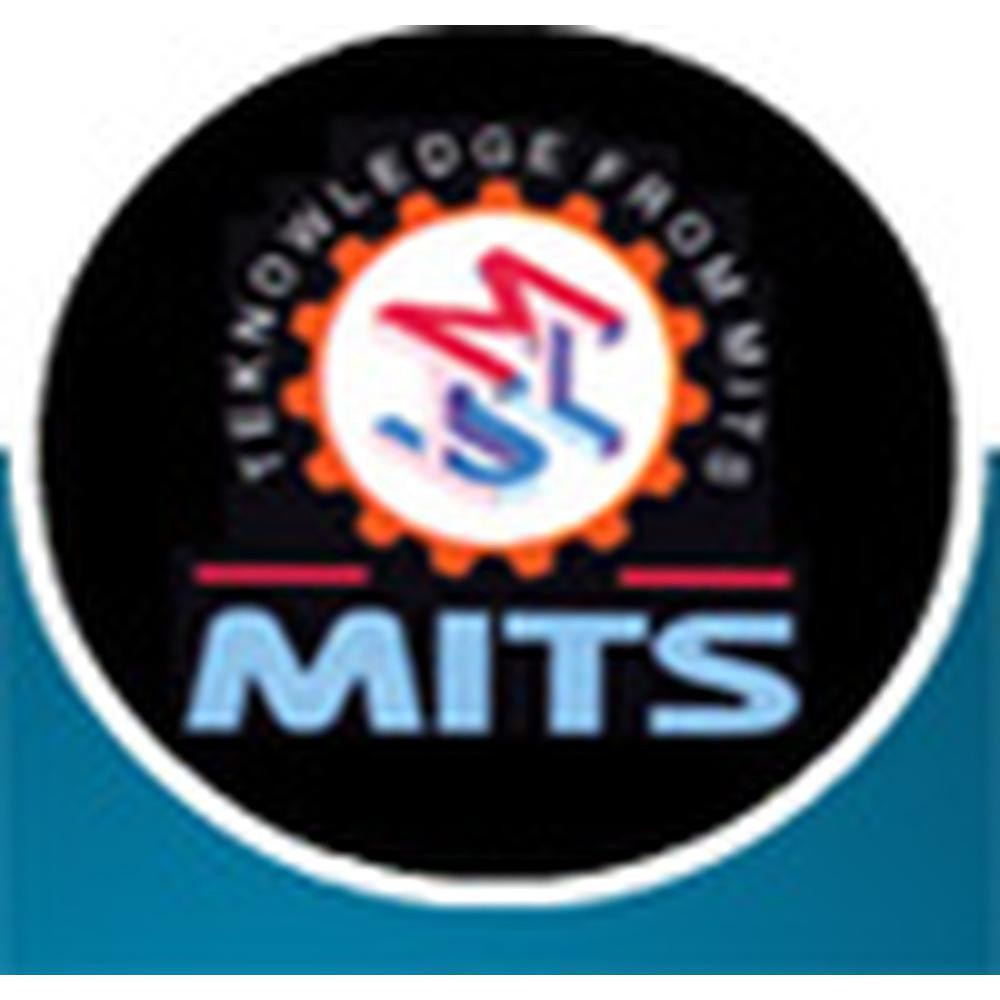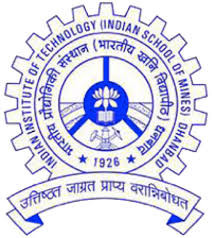Highlights: -
|
Degree Name |
Masters of Technology |
|
Level |
Postgraduate |
|
Duration of the course |
2 years |
|
Eligibility |
Passed B.Tech/B.E or Equivalent with Minimum 50% Aggregate Score |
|
Education mode |
Full-time, Distance. |
|
Admission Process |
Merit as well as Entrance Exams |
|
Entrance Exams |
GATE, JAM, PGECET, AIEEA, State CET, NIT, IPU CET, OJEE, KIITEE, MET, UKSEE, SUAT, TAN CET,etc. |
|
Fees of the course |
Rs 30,000 – Rs 9.00 Lakhs |
Eligibility Criteria: -
- Candidates must complete M.Tech in Petroleum Engineering or equivalent from a recognised university in India.
- They need to get the minimum cut-off that has been set by the preferred college.
- Reserved category candidates will get relaxation as per government and university norms.
- Eligible candidates are required to appear for entrance examinations, such as the GATE, NIT, JAM.
Syllabus for M.Tech in Petroleum Engineering:
The M.Tech in Petroleum Engineering syllabus will vary from college to college, but the course aims and subjects shall remain the same; the subject distribution over the syllabus may differ, but the study matter remains consistent. Nevertheless, candidates should check the official website to know the complete syllabus. Here is a general guide to M.Tech in Petroleum Engineering syllabus design, as commonly followed by Indian colleges:
|
Semester 1 |
Semester 2 |
|
Drilling Engineering |
Well Intervention and Stimulation Techniques |
|
Reservoir Engineering |
Enhanced Oil Recovery Techniques |
|
G & G Lab |
Reservoir Simulation Lab |
|
Multilateral and Horizontal Well Technology |
Reservoir Geomechanics |
|
Applied Mathematics in Petroleum Engineering |
Formation Evaluation & Well Logging |
|
Petroleum Geology |
Production Engineering & Well Testing Analysis |
|
Methods in Petroleum Exploration |
Petroleum Reservoir Modelling and Simulation |
|
Semester 3 |
Semester 4 |
|
Oil/Gas Field Development |
Electives |
|
Summer Internship |
Dissertation |
|
Project I |
- |
|
Economics and Risk Management in Exploration |
- |
|
HSE Challenges in Petroleum Operations |
- |
|
Coal Bed Methane, Gas Hydrates & Shale Technology |
- |
Next step after M.Tech in Petroleum Engineering: -
If a person wants to do further studies in M.Tech in Petroleum Engineering to improve his/her knowledge and skills than he/she can go for the following courses: -
- Reservoir Engineering Certificate: Focuses on reservoir characterisation, fluid flow in porous media, and reservoir modelling methods.
- Drilling Engineering Certificate: Encompasses several areas of Drilling Operations, such as Well Planning, Drilling Fluids, Casing Design, and Well Control.
- Production Engineering Certificate: Investigates ways for increasing hydrocarbon production from oil and gas wells, such as artificial lift, well stimulation, and production optimisation.
- Enhanced Oil Recovery (EOR) Certificate: Describes advanced strategies for enhancing oil recovery from reservoirs, such as Thermal Treatments, Chemical Flooding, and Gas Injection.
- Petroleum Geology Certificate: Covers geological principles related to petroleum exploration and production, such as Sedimentology, Stratigraphy, and Structural Geology.
- Petroleum Economics and Risk Analysis Certificate: Examines economic evaluation methodologies for oil and gas projects, such as Net Present Value Analysis, Risk Assessment, and Decision-Making Under Uncertainty.
- Petroleum Data Analytics Certificate: This field focuses on data-driven approaches to reservoir management, production optimisation, and decision support in the petroleum industry.
- Health, Safety, and Environment (HSE) in the Petroleum Industry Certificate: Examines HSE rules, risk management, and best practices in the oil and gas industry.
- Reservoir Simulation Certificate: Get hands-on experience with reservoir simulation tools to model fluid flow and anticipate reservoir performance.
- Geostatistics for Reservoir Characterisation Certificate : Describes statistical approaches for assessing and modelling spatial data in reservoir characterisation.
- Petroleum Refining and Petrochemicals Certificate: Learn about the refining processes that convert crude oil into useful products, as well as the petrochemical industry.
- Carbon Capture and Storage (CCS) Certificate: Discusses methods and approaches for capturing CO2 emissions from industrial sources and storing them underground to help reduce climate change.
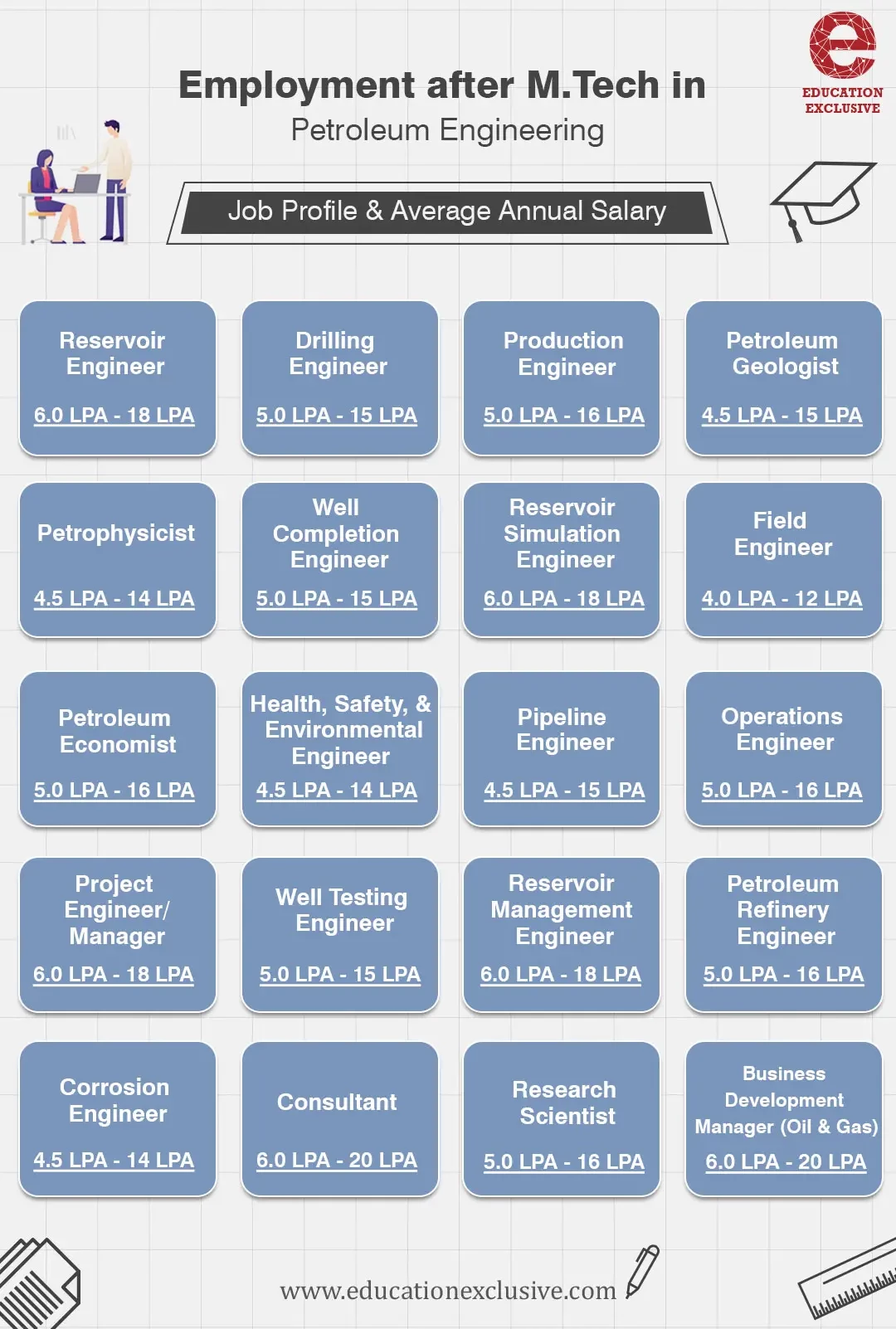
FAQs
- Who can apply for M.Tech Petroleum Engineering?
Any B.E. or B.Tech student who has scored minimum aggregate marks of 50% in their graduation can avail this post graduation.
- Is Petroleum Engineering in high demand?
Petroleum Engineers working in the oil and gas industry have to take up a lot of work pressure during job hours, but it also offers lucrative rewards and a high salary.
- What kind of Industry areas do Petroleum Engineers have to work in?
They mostly work in the three following work areas which are: Oil and Gas Extraction, Management of Companies and Enterprises, Support Activities for Mining.
- What skills should one develop in this Petroleum profession?
One should develop skills like Critical thinking & problem solving, Equipment operation & maintenance, Technology design & control, Verbal skills, Math & science skills, as well as Leadership quality.
- What are the approximate fees for this post-graduation course?
The course fees range from INR 95,000 to 3 LPA. It differs from college to college.
- Which are the best colleges that offer M.Tech Petroleum engineering courses?
Some of the best colleges offering this post-graduation course are: IIT Delhi, NIT Silchar, NIT Trichy
Other specialisations in M.Tech: -
M.Tech in Computer Science, M.Tech in Mechanical Engineering, M.Tech in Civil Engineering, M.Tech in Electrical Engineering, M.Tech in Chemical Engineering, M.Tech in Information and Technology, M.Tech in Automobile Engineering, M.Tech in Aeronautical Engineering, M.Tech in Nanotechnology Engineering, M.Tech in Instrumentation Engineering.


